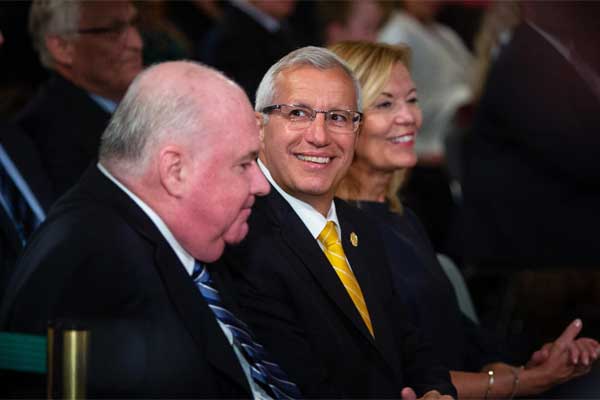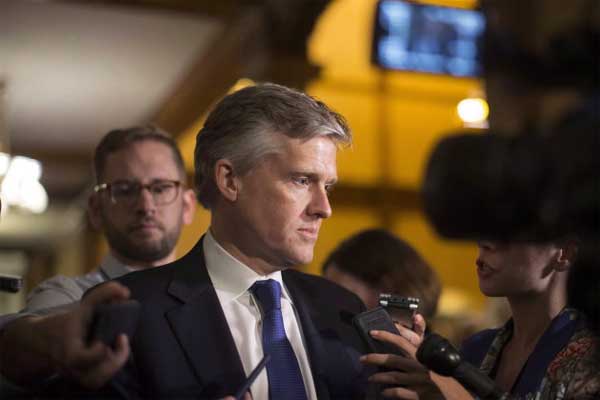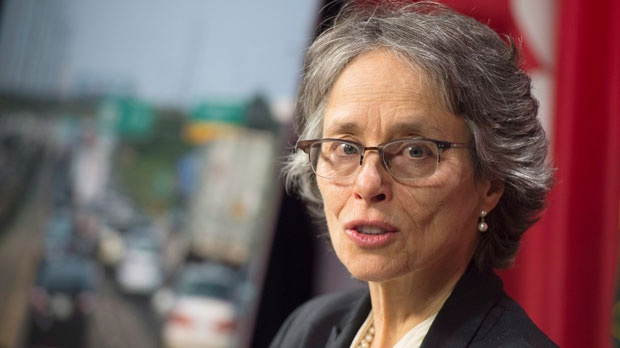Doug Ford campaigned on a promise to bring radical changes to government spending, climate-change policy, hydro rates, education and more. Thats exactly what he has been delivering, to the excitement of his base, as Premier of Ontario.
The Ford government has made numerous drastic changes to Ontario policy including a controversial move to end cap and trade amongst others—and in this latest move—to abolish the office of the Environmental Commissioner.

The omnibus Bill 57, formally titled the Restoring Trust, Transparency and Accountability Act, 2018,
The ECO was established in 1994 as an independent Officer of the Legislative Assembly, responsible for reviewing and reporting annually on the government’s compliance with the Environmental Bill of Rights (EBR) and the public’s use of their EBR rights.
Over 24 years the ECO’s reports have examined government action and policies on topics ranging from water and air pollution to biodiversity, land management, and endangered species. The 2009 Green Energy Act added annual reporting on both Greenhouse Gas Emissions and Energy Conservation to the ECO’s mandate.
For now, these reports are still available at the ECO website.
While the Auditor General is, like the ECO, an independent and non-partisan office, the Canadian Environmental Law Association and a group of more than 20 environmental organizations have submitted a letter calling on the government to ensure “that the ECO continues to exist as a stand-alone, independent office with all of its powers, duties and responsibilities intact under the EBR.”
The letter cites a need for “independent, clear-eyed analysis of the impact and effectiveness of government actions and policies [as] critically important and very valuable in highlighting whether government actions are resulting in reduced environmental risks or not.”
Gord Miller, ECO from 2000 to 2015, notes that the Commissioner also has powers to bring issues to the government’s attention, which has in the past prompted important changes on issues like biodiversity and climate change.
They have
The current ECO, Dianne Saxe, is an outspoken lawyer and a longtime advocate of climate action and renewable energy. She has been critical of the Ford Government’s moves around energy, arguing in her recent Climate Change report that the Cap and Trade Cancellation Act (Bill 4) “currently lacks most of the features of a good climate law”.
“Dismantling a climate change law that was working is bad for our environment, bad for our health, and bad for business, said ECO Dianne Saxe on September 25).
Environment Minister Rod Phillips reacted tersely to the report, indicating that suggestions the government’s policies were not achieving its mandate would not be “well taken”.

Saxe’s latest annual report also spoke to the importance of public consultations under the EBR itself, along with protecting water, wilderness, and wetlands – all key factors in developing stronger adaptation capacity.
Ontarians have a lot to contribute when it comes to good climate policy. The government does not know everything. (ECO, 2018 Greenhouse Gas Progress Report Summary, p. 7)
The closure of the office is not immediate, and Saxe has indicated her contract does not end until 2020. Bill 57 suggests that the current ECO staff will be employees of the Auditor General’s office.
Even if that’s the case, as Alex Gill, Executive Director of the Ontario Environment Industry Association, points out in a recent blog, it is unlikely that the fiscally-oriented AG’s office will “provide the depth of environmental research and focus of accountability that ECO so ably demonstrated over its history.”















Comments